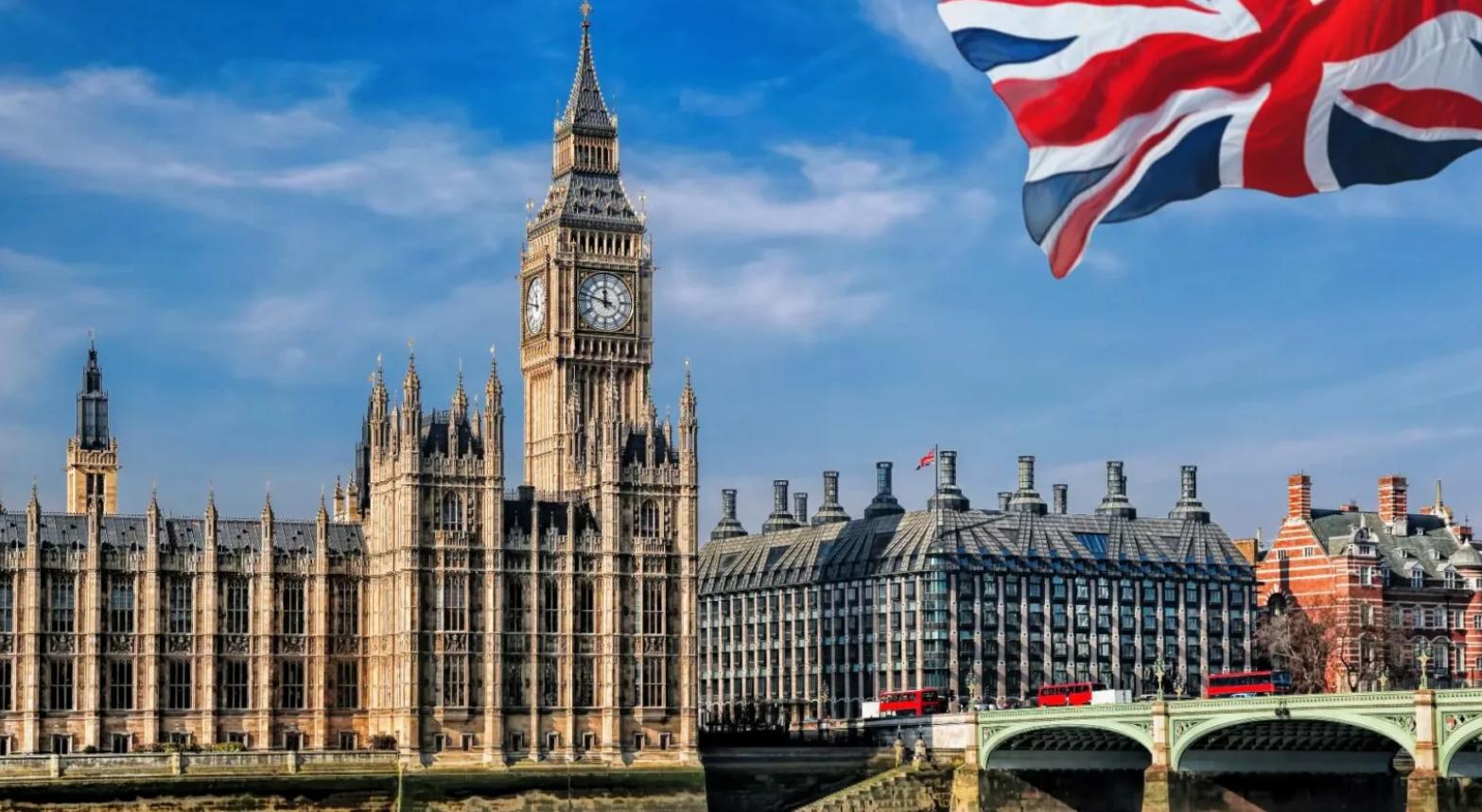
Although climate change has become a priority issue for the financial industry, the UK government is still actively promoting the green transformation of this industry. Finance Minister Emma Reynolds said at the "City Week" event that the UK not only has a world-leading financial services system, but also has research resources to promote sustainable finance. She pointed out that the Financial Services Growth and Competitiveness Strategy to be released by the Treasury will promote "transformation finance" to become a key part of the UK economy by improving relevant skills, helping the UK to take a leading position in the global green finance field.
However, the launch of this strategy is not in a smooth atmosphere. As the financial industry's attention to climate issues continues to heat up, the banking industry faces a series of challenges. For example, Barclays and National Westminster Bank have decided to remove climate targets from their executive bonus plans, indicating that even the leaders in the industry are examining the feasibility and actual effects of climate commitments. At the same time, HSBC, one of the largest banks in Europe, announced that it would postpone its net zero emissions target to 20 years later, which undoubtedly raised questions about the progress of the green transformation.
First, British Energy Secretary Ed Miliband said that the government's goal is to make the UK financial services industry a global center for green investment. However, despite London's global leadership in green finance, recent data shows that the city's score in the Global Green Finance Index has dropped significantly. According to the 15th edition of the Global Green Finance Index released by Z/Yen, although London still ranks first, its score has dropped significantly, down 36 points to 598 points, reflecting that the progress of green finance may be much slower than expected.
Secondly, data from the UK Treasury shows that the pace of green transformation is indeed "slower than expected". To this end, the Treasury plans to clearly point out in the Financial Services Growth Strategy released on July 15 that it will promote the realization of net zero emissions targets while ensuring local economic growth and national economic security. Reynolds believes that the successful implementation of this strategy is inseparable from the support of international cooperation, especially the upcoming COP30 conference in Brazil, which will be an important moment for the world to achieve green finance goals.
At the same time, she stressed that the green finance roadmap must be based on several key principles, including inclusiveness, stability and focus. She also pointed out that in the face of the challenge of climate change, the UK must ensure that green finance policies have broad international support and truly reflect sustainability in the financial system.
Despite this, industry experts generally believe that the development of green finance faces huge challenges. Sandra Boss, chairman of BlackRock UK, mentioned in the discussion of City Week that although the "necessity" of renewable energy investment is undeniable, the speed of energy transformation has not yet reached expectations. Globally, the growth rate of green finance investment has begun to slow down, and many factors, including political and climate change, may have a negative impact on this process.
Finally, in recent years, especially in the United States, changes in the political situation have had an unignorable impact on the development of global green finance. During his tenure in 2017 and 2025, Donald Trump announced that the United States would withdraw from the Paris Climate Agreement. This decision not only affected the atmosphere of global climate cooperation, but also reduced the enthusiasm for global green investment to a certain extent. Trump's move is regarded by many experts as one of the catalysts for the slowdown of global green finance efforts.
In summary, the UK's promotion of green finance transformation has important demonstration significance, but its actual implementation faces many challenges. The slowdown in the banking industry's climate goals and the slowdown in the growth of global green finance investment indicate that the government and the financial industry need to work more closely together. In addition, changes in international politics, especially the withdrawal of the United States from the Paris Climate Agreement, have made the development of green finance more complex. Promoting green finance requires not only strong domestic policies but also global cooperation and coordination. Although the outlook is challenging, green finance goals can still be achieved through innovation and global cooperation, providing effective support for global climate change response.

On January 7th local time, GameStop (GME.US) announced that the company's board of directors had approved a potential executive compensation package worth $3.54 billion, which was targeted at the company's CEO, Ryan Cohen. At the same time, this new compensation package set extremely high performance thresholds: Cohen, the CEO, needed to increase the company's market capitalization from $9.5 billion to $100 billion.
On January 7th local time, GameStop (GME.US) announced that…
According to the British media The Guardian, recently US Pr…
In today's era of deep integration of globalization and dig…
In early 2026, US President Trump forcibly took control of …
Recently, the corn market dynamics analysis released by Aus…
Donald Trump has proposed an "immediate" restriction on lar…